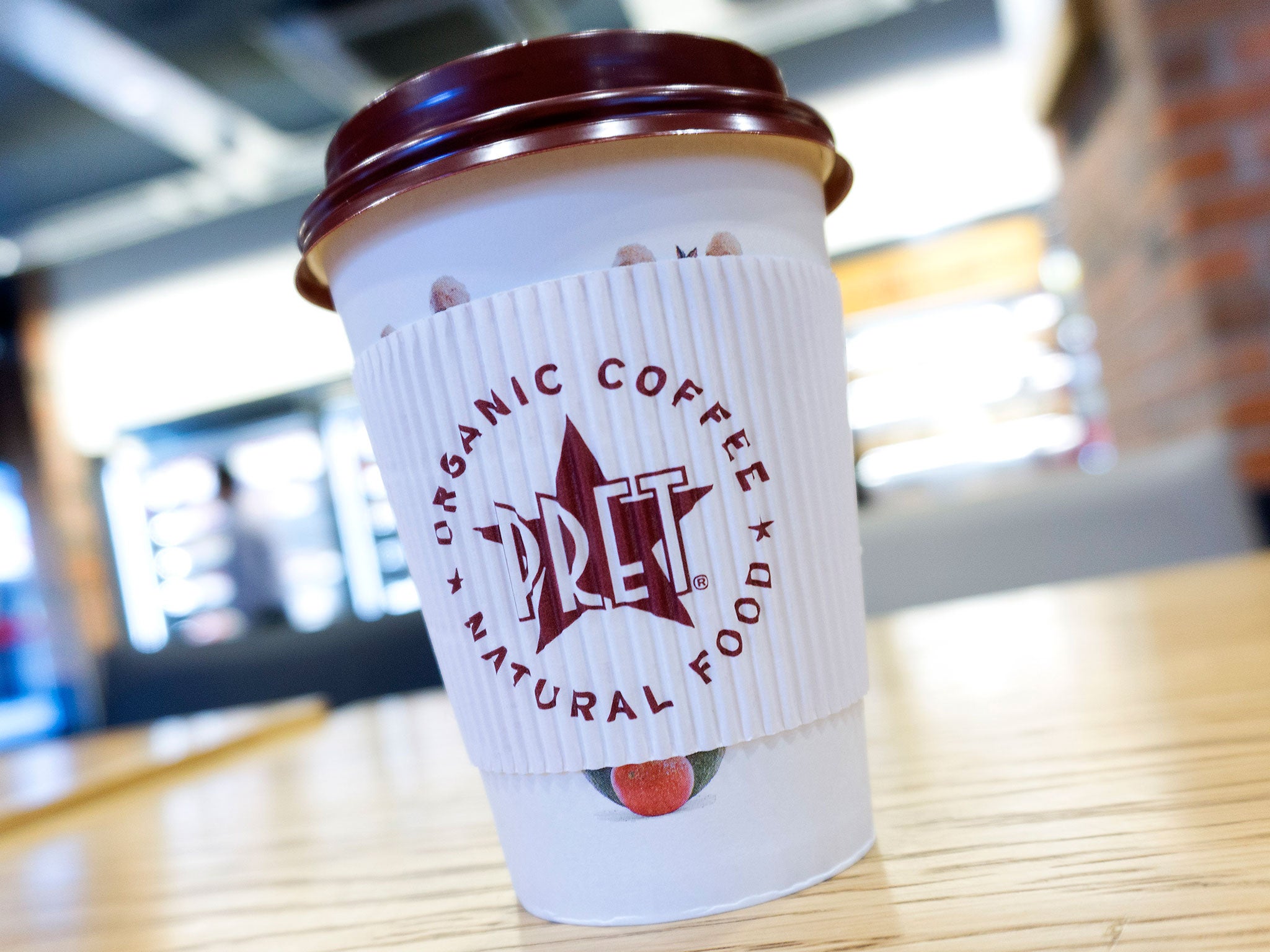|
skip to main
|
skip to left sidebar
skip to right sidebar
Black as the devil, Hot as hell, Pure as an angel, Sweet as love.
Travel to Indonesia
Contact Our Team:
Raja Kelana Adventures Indonesia
Raja Kelana Adventures Indonesia
Email: putrantos2022@gmail.com
Facebook Messenger: https://www.facebook.com/putranto.sangkoyo
Our Partner
Blog Archive
-
▼
2018
(486)
-
▼
January
(89)
- Morning Briefing: Is Trump finally sticking to the...
- Understanding GMOs + Keurig and Dr Pepper Merge
- Morning Briefing: Trump to tout strong economy in ...
- Morning Briefing: U.S. eyes 5G counter-spy potential
- What rights do strippers deserve?
- Inside the Growing, Booze-Fueled Market of Dark To...
- The royal wedding rules Meghan Markle *must* follow
- Morning Briefing: Trump's big pitch
- Ethiopia's Awards Dominance + Coffee Culture Meets...
- Morning Briefing: Cue the victory lap, Trump lands...
- Morning Briefing: Mnuchin hits Davos seeking bang ...
- Good Food Award Winners + Startup Steeped Coffee
- Morning Briefing: Davos' #MeToo moment
- All the Money in the World review – plodding kidna...
- Crazy about Indonesian coffee? Here are the basics...
- The Walking Dead: Lauren Cohan on Maggie's path of...
- Welcome to Email This!
- Davos: Will Trump come to the mountain?
- Why we feel conflicted about Aziz Ansari
- Rayakan Ulang Tahun, Adinia Wirasti dan Sara Wijay...
- So THAT'S why Meghan Markle isn't allowed to wear ...
- Friday Morning Briefing: Putin's icy dip
- The Malwani Grinder + Sh*thole Coffee Emerges
- Thursday Morning Briefing: Trump talks NAFTA, Isra...
- Wednesday Morning Briefing: North Korea's arms rac...
- A New Direct Trade Scheme + Bald Guy Revived
- Tuesday Morning Briefing: Lawmakers urge AT&T to c...
- Monday Morning Briefing: China’s absence looms ove...
- How DACA could outlast Trump
- Top Coffee Producing Countries - WorldAtlas.com
- The 5 Countries That Produce the Most Coffee
- Ministry promotes culture, sport, tourism activiti...
- Overseas demand for locally-produced coffee expect...
- On the brink - The Hindu
- The Walking Dead fans wish Lauren Cohan a happy bi...
- Indonesia Coffee Event 2018, Saat Kopi Ciptakan Ke...
- Goodbye Indonesia, I will miss you
- Protest by Indonesian Islamists accuses Facebook o...
- Ambitious Indonesian farmers put Java back on the ...
- Sprudge - Issue #93
- Prince William has two problems with the royal wed...
- Mata Rantai Tengkulak Sulit Diputus, Stok Gabah Me...
- Indonesia Coffee Tours – Raja Kelana
- Coffee Farms - Indonesia
- Sejarah Kopi Soekaboemi - Sejarah Sukabumi
- Friday Morning Briefing: Firms may dodge billions ...
- Menjejak Rimbunnya Kebun Petani Kopi di Ciwidey
- Harumnya Kopi Juara di International Bandung Coffe...
- Field Trip Dosen dan Mahasiswa Universitas Musi Ra...
- Field Trip Dosen dan Mahasiswa Universitas Musi Ra...
- Genjot Daya Saing Kopi, Dinas Pertanian dan Ketaha...
- Balittri: Tempat Menimba Ilmu Kopi dan Kakao Berba...
- Rancangan Standar Kompetensi Kerja Nasional Indone...
- Four Barrel Ditches Name + The Glitter Coffee Trend
- Thursday Morning Briefing: How courts help compani...
- Wednesday Morning Briefing - Judge blocks Trump's...
- Pourovers vs. Machines + Inside the Four Barrel La...
- Tuesday Morning Briefing - North Korea pledges 'in...
- Kopi Terbaik di Indonesia Ini Belum Dikenal Luas
- Monday Morning Briefing: Black gowns and sex scand...
- Oprah's rousing Golden Globes speech sparks chorus...
- Why black people own guns
- What Is A Coffee Enema? Goop Is Facing Backlash Fo...
- Do People Even Want Pour-Over Coffee Anymore?
- Where the wild coffee grows: A book by Jeff Koehle...
- Coffee minus the camel’s milk is giving me the hum...
- International Coffee Organization - Global Coffee ...
- Co wpływa na smak kawy?
- Kawa Java z Indonezji | ManuCafe.pl
- Hot shots: The ultimate London guide to healthy co...
- Swedish Lagom Home Interior Design Trends In 2018
- International Coffee Organization - Global Coffee ...
- Philippines launch farm and faith-based tours to d...
- Farm, faith-based tours await tourists
- If you love coffee then Melbourne is your go-to ci...
- Tom Clark’s Coutume Café in France brings Aussie c...
- Will a 25p charge change Britain's throwaway coffe...
- In “triumph of ignorance,” Gwyneth Paltrow’s Goop ...
- MPs call for 25p charge on takeaway coffee cups ah...
- Coffee chains under growing pressure to reveal tru...
- Prince Harry & Meghan Markle's romantic getaway is...
- Friday Morning Briefing: Trump energy policy riles...
- Why the obstruction of justice probe of Trump is h...
- Thursday Morning Briefing: Bombogenesis storm pumm...
- Inside the Trump-Bannon schism
- Wednesday Morning Briefing: Trump's 'bigger' nucle...
- Trump taunts Kim Jong Un, saying his nuclear butto...
- Tuesday Morning Briefing: Iran’s leader accuses en...
- What Kim Jong Un is really saying with his 'nuclea...
-
▼
January
(89)







